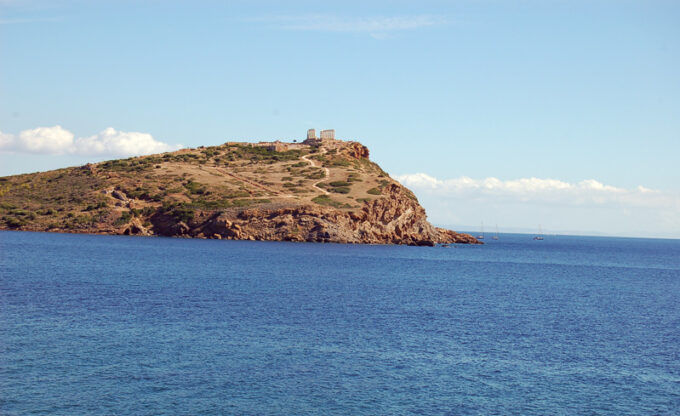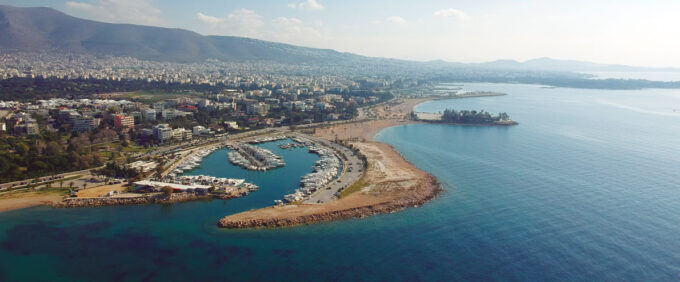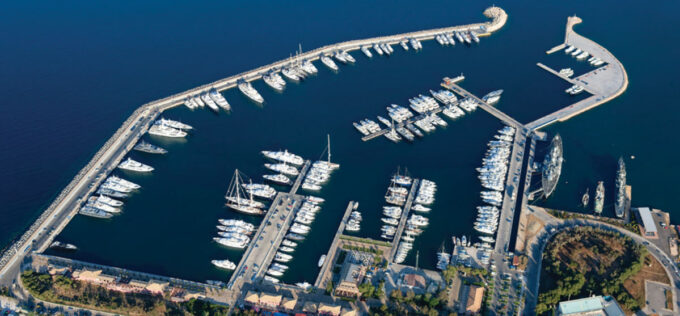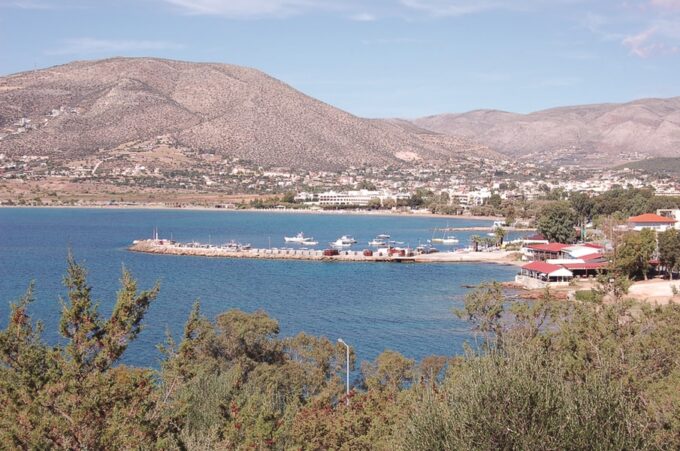Soúnio
The bay of Soúnio is the most southern bay of Attikí region and is situated at a geographically excellent location. It’s cape, on its eastern side, is a natural cape and constitutes the eastern border of Saronic gulf and also the southern border of the NE coasts of the gulf, a coastal area of 70…









